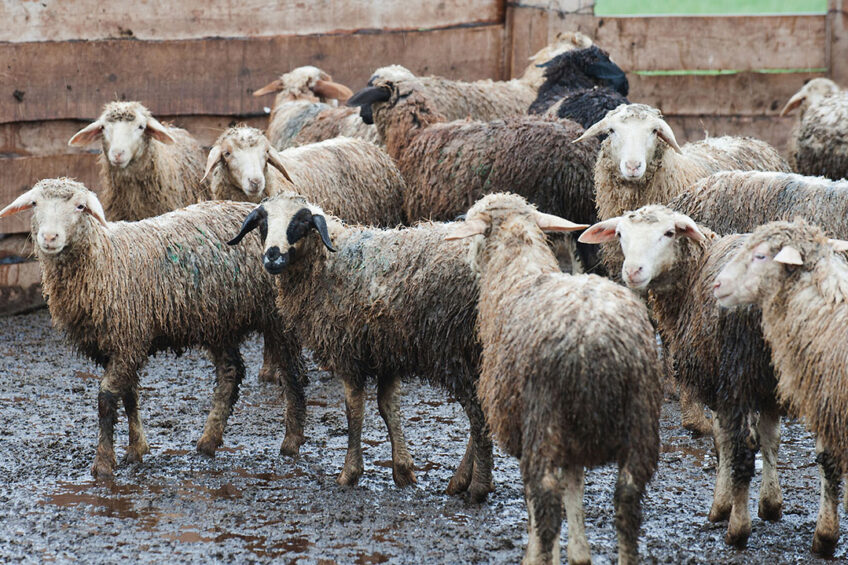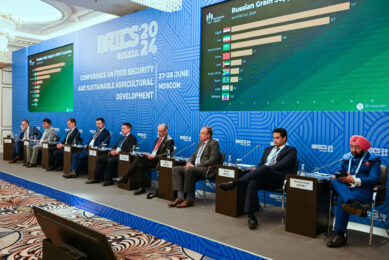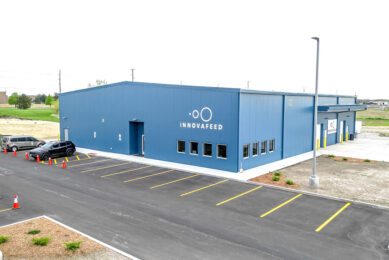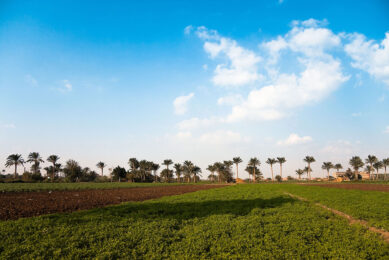Russian feed industry stable – production on the rise

Feed prices in Russia are on a track towards stabilisation, though feed additives remain a “weak link” in the supply chain, Vladimir Manaenkov, chairman of the Russian Union of feed manufacturers, outlined speaking during a conference Agroinvestor PRO in Moscow.
Despite Western sanctions, almost all the world’s leading manufacturers of feed components continue their business in the country competing with each other, Manaenkov claimed, reckoning that their emergency in the country in the past gave a powerful impetus to the development of the local livestock and poultry industry.
Expanding feed production
In 2022, Russia manufactured 34.2 million tons of feed against 31.95 million tons in the previous year, Manaenkov said. It is estimated that 49% of feed in Russia is produced for poultry, 41.9% for pigs, and only 8.5% for cattle.
The positive dynamics stem from production growth in the Russian poultry and pig industry last year.
Historically, Russian farmers breeding cattle rely on pastures and green fodder, but as the industry grows more effective, compound feed is becoming a dominant solution, Manaenkov said, expressing confidence that this trend would gain steam.
More premixes
Russia also sees a steady rise in premixes production. In 2022, the output in this segment stood at 519,900 tonnes, compared with 499,100 tonnes in the previous year. Manaenkov said that the growth might still be insufficient to meet the expanding demand.
Positive price dynamics
The average feed price in Russia last year dropped to 20,900 roubles ($255) from 24,600 roubles ($300) in 2021, Manaenkov said. To a large extent, this dynamic was secured by cheap grain, as Russia collected a record harvest of 153 million tons last year.
On the other hand, premixes price in the Russian market stood at 199,700 roubles in February 2023, compared with 164,300 roubles ($2436) in February 2022. Feed protein price, in turn, slumped to 14,000 roubles ($170) per tonne from 17,200 roubles ($210) in the previous year.
A fly in the ointment
However, Russian feed manufacturers express concerns over the rising feed additives prices. Manaenkov admitted that the country has a complete dependence on imported feed additives and an 80% dependence on feed ferments. Currently, feed additives in Russia are nearly 30% more expensive than in Europe. In light of this, Manaenkov stated the country needs to ramp up domestic feed additives production.











